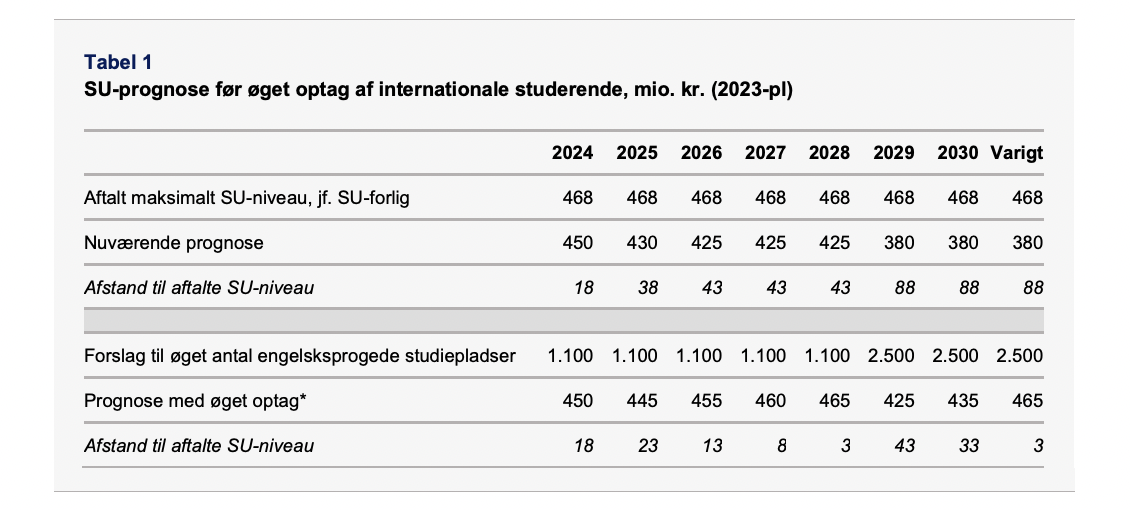Chinese post-docs under scrutiny in Canada
The Chinese regime gave post-doctoral students two weeks of training on avoiding security scrutiny and then sent them to Canada to gain access to vital technologies for industrial and military purposes, a new report has said.
The students, supported by the regime’s China Scholarship Fund, were taught how to keep a low profile and listen carefully while attending Canadian universities. The students were seeking information on quantum computing, big data and artificial intelligence, according to the Globe and Mail.
In order to stay under the radar, the students would sometimes change their field of study on their visa application. Someone learning about remote sensing would list “forestry” as their major.
While remote sensing is in fact used in forestry, it also has military uses in tracking enemy positions and movements via satellites and planes.
During the training, the students were required to pledge their loyalty to the Chinese Communist Party. A similar situation occurred in Sweden where Chinese students being sent there had to take an oath to the CCP.
The Canadian Security and Intelligence Service, in its public report in 2021, said that it is actively working to warn the academic community about the dangers of international students spying. CSIS said it has conducted dozens of briefings at conferences and individual universities.
“These state-sponsored technological transfer activities exploit the collaborative, transparent and open nature of Canada”
CSIS wants to ensure that university researchers “are not co-opted by foreign states to obtain military, intelligence and economic benefits at the expense of Canadian interests and values”.
Unfortunately, Canadian researchers are too trusting, the security service argued. “These state-sponsored technological transfer activities exploit the collaborative, transparent and open nature of Canada’s government, private sector and society,” the report indicated.
The Canadian security service shared the report about spying Chinese students with its Five Eyes partners – the US, the UK, Australia and New Zealand.
The Globe and Mail report asserted that China diverted post-doctoral students from the US to Canada after the Trump administration began refusing visa applications for students from that country. The Biden administration has continued the tough stand.
The news comes as Canada is embroiled in a debate about interference by the Chinese regime in the country’s federal elections in 2019 and 2021. Canadian prime minister Justin Trudeau has acknowledged the meddling but argues that it did not impact the election outcome and a public inquiry is not needed.
The post Chinese post-docs under scrutiny in Canada appeared first on The PIE News.



